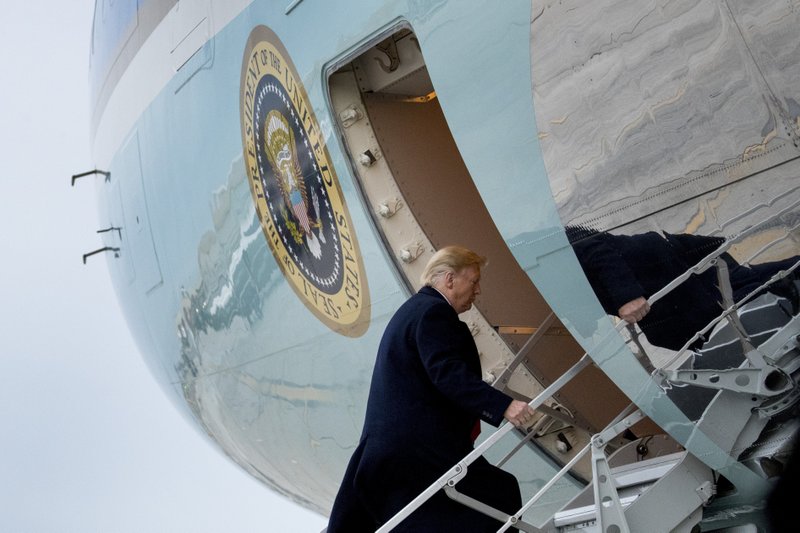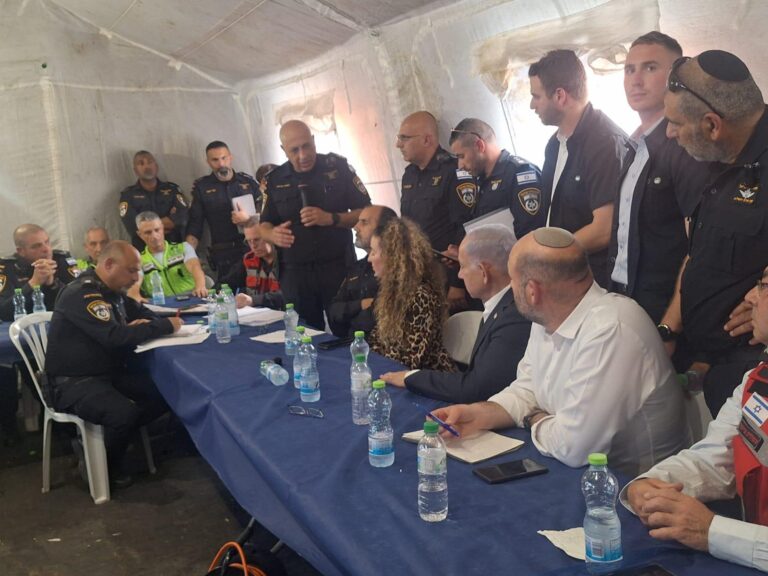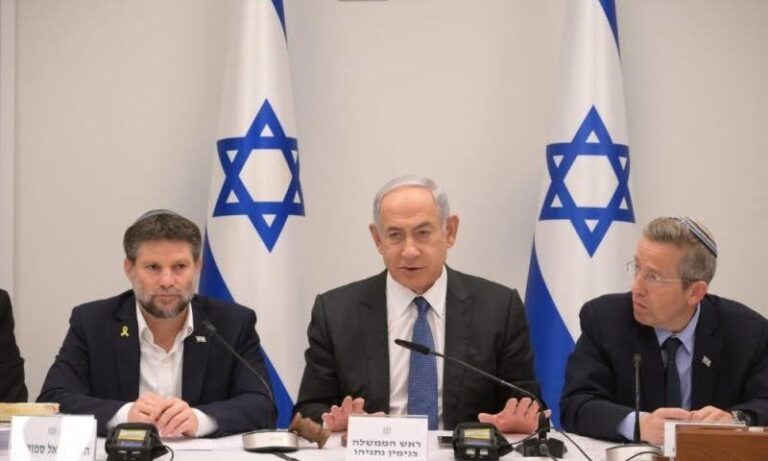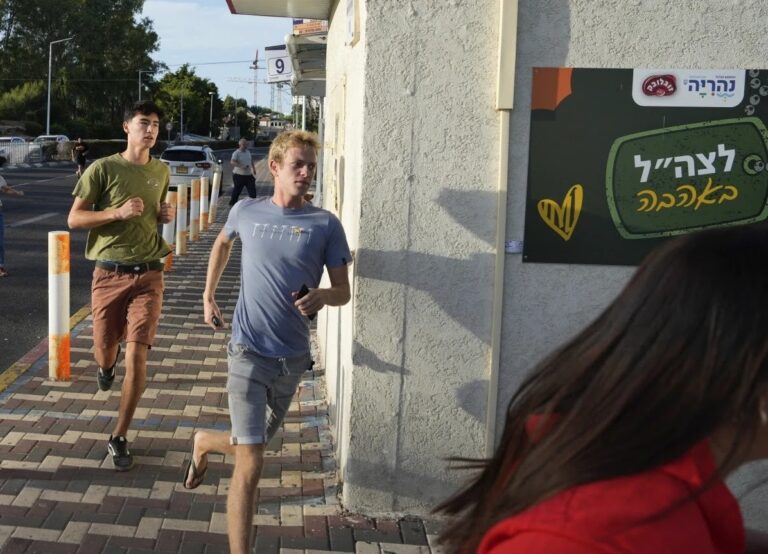The Justice Department’s watchdog is nearing the release of its report on the early stages of the FBI’s Russia investigation, a document likely to revive debate about a politically charged probe that shadowed President Donald Trump’s administration from the outset.
The inspector general in recent days has invited witnesses and their lawyers who were interviewed for the report to review portions of a draft this week and next, a critical final step toward making the document public, according to multiple people familiar with the process who insisted on anonymity to discuss it.
As part of that process, the people will have opportunities to raise concerns or suggest potential edits, making it unclear precisely when in the coming weeks a final version could be ready for release. Inspector General Michael Horowitz told Congress in a letter last month that he did not expect a lengthy review period and that he intended to make as much of the report public as possible, with minimal redactions.
The release of the report is likely to coincide with House impeachment proceedings scrutinizing the Trump administration’s efforts to press Ukraine into investigating Democratic rival Joe Biden. Any finding of problems by the inspector general in how the FBI gathered and collected evidence in investigating ties between the Trump campaign and Russia could at least temporarily buoy Trump and other Republican supporters eager to turn the page from the congressional scrutiny now imperiling his White House.
Trump has long insisted that the investigation into his campaign was a “hoax” and “witch hunt,” asserting without evidence or elaboration as recently as last month that law enforcement officials had done “really bad things.”
A key question examined by the inspector general has been the FBI’s process for applying for, and receiving, a secret warrant to monitor the communications of Trump campaign adviser Carter Page. The warrant was renewed multiple times by judges, but Republican critics of the Russia probe have decried the fact that the FBI relied in part in its application on uncorroborated information obtained by Christopher Steele, a former British spy who had been paid by Hillary Clinton’s campaign to conduct opposition research.
The government did disclose to the court the political loyalties of the people who hired Steele, according to Democrats on the House intelligence committee who released their own memo last year aimed at countering Republican allegations of law enforcement misconduct.
The FBI opened its investigation in July 2016 after receiving information that a Trump campaign aide, George Papadopoulos, had disclosed to an Australian diplomat that Russia had thousands of stolen emails that would be potentially damaging to Clinton, an election opponent. U.S. officials have said the emails were hacked by Russian intelligence operatives and given to WikiLeaks, which released them ahead of the election.
Papadopoulos, who served as a foreign policy adviser to Trump’s campaign, had learned from a Maltese professor, Joseph Mifsud, that Russia had “dirt” on Clinton in the form of the stolen emails. Papadopoulos later pleaded guilty to lying to the FBI about his conversations with Mifsud.
A spokeswoman for Horowitz declined to comment on Tuesday. Horowitz himself refused to answer questions about the report and its timing at an unrelated news conference last week. The inspector general provided a draft copy to Attorney General William Barr in September, and the Justice Department has since been conducting a classification review.
Horowitz’s team has reviewed over one million records and conducted more than 100 interviews, including several who were interviewed in the last few months, the inspector general has told Congress.
The investigation is one of several inquiries into the origins of the FBI’s investigation into ties between the Trump campaign and Russia. The investigation was ultimately taken over by special counsel Robert Mueller, who identified multiple points of contact between Russia and Trump campaign associates but found insufficient evidence of a criminal conspiracy to tip the 2016 election in Trump’s favor.
Mueller ultimately charged a half dozen Trump aides and 25 Russians accused either in the hacking of Democratic emails or in a covert social media campaign aimed at spreading disinformation.
Barr, meanwhile, has appointed U.S. Attorney John Durham to conduct a separate investigation that has since turned into a criminal matter, according to a person familiar with the situation. It’s unclear what potential crime is being looked at.
The Justice Department has said Trump recently made several calls at Barr’s request to foreign leaders, including Australian Prime Minister Scott Morrison, to help the attorney general with the current Durham probe of the investigation.
Barr also traveled with Durham to Italy in August and September, and the two met with Italian intelligence officials to seek information about the activities of FBI agents assigned there, Italian Premier Giuseppe Conte has said. Mifsud and Papadopoulos first met in Italy in 2016.
Horowitz himself has undertaken multiple investigations of FBI activities in the last few years. Last year, he released a report criticizing former FBI Director James Comey for his handling of the investigation into Clinton’s use of a private email server, though he also concluded that none of his decisions were tainted by political bias.
He has more recently criticized Comey for his handling of memos documenting private interactions with Trump, though the Justice Department declined to prosecute.
(AP)











